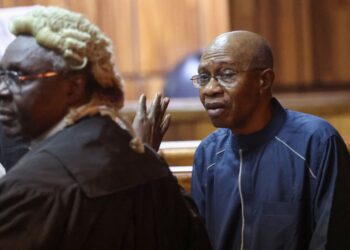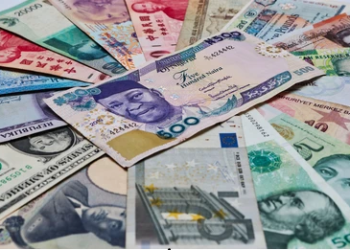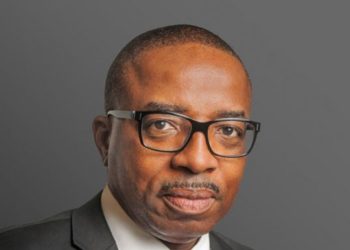Dr. Kingsley Obiora, the Deputy Governor of the Economic Policy Directorate at the Central Bank of Nigeria (CBN), has revealed that the apex bank is considering a further relaxation of controls in the coming weeks to ascertain a new level for the country’s currency, the naira. Speaking in an interview in Rabat, Morocco, Obiora stated that the market is currently operating on a willing buyer/willing seller basis, with the central bank refraining from entering the market as a buyer or seller. The aim is to allow the market itself to determine the price.
Obiora expressed confidence that the official and parallel-market exchange rates will converge soon, stating, “I don’t think it will take a long time for that to happen.” He agreed with the analysis conducted by the International Monetary Fund (IMF) and international banks, which suggested that the naira is not as weak as indicated in the parallel market. Obiora also mentioned that the backlog of unmet dollar demand is manageable, and he expects economic growth to double next year due to the reforms being implemented by President Bola Tinubu, projecting a growth rate of five to six percent.
As of yesterday, the parallel market naira exchange rate stood at N755/$1, stronger than the N770/$1 rate on the Investors and Exporters’ (I & E) window. However, the I & E window has experienced volatility, with the naira depreciating by N107 to a dollar on Monday. Analysts anticipate continued short-term volatility as the currency strives to reach a balanced state and settle at its true value.
Ayokunle Olubunmi, Head of Financial Institutions Ratings at Agusto & Co, commented on the market volatility, stating, “There would be a lot of volatility in the market… so we would always have that volatility at least for now.” Olubunmi also expressed uncertainty about the clarity of the current policy, highlighting the need for clear guidelines on whether the rate will be floated or implemented through a crawling peg system.
The Central Bank of Nigeria’s planned loosening of controls reflects its commitment to market-driven exchange rate determination and its efforts to stabilize the naira. The ongoing reforms and anticipated economic growth signal positive prospects for Nigeria’s economy in the coming years.











